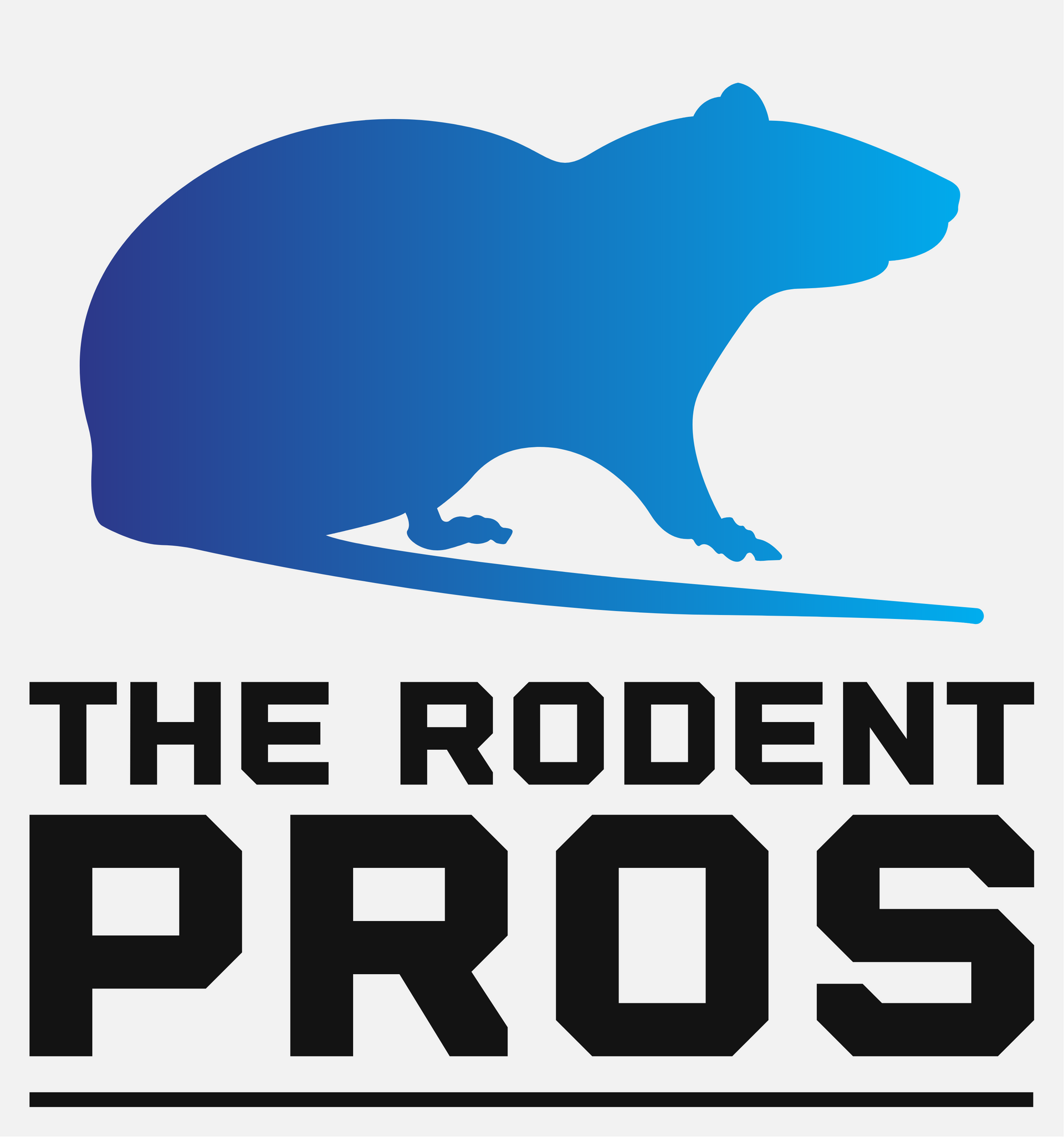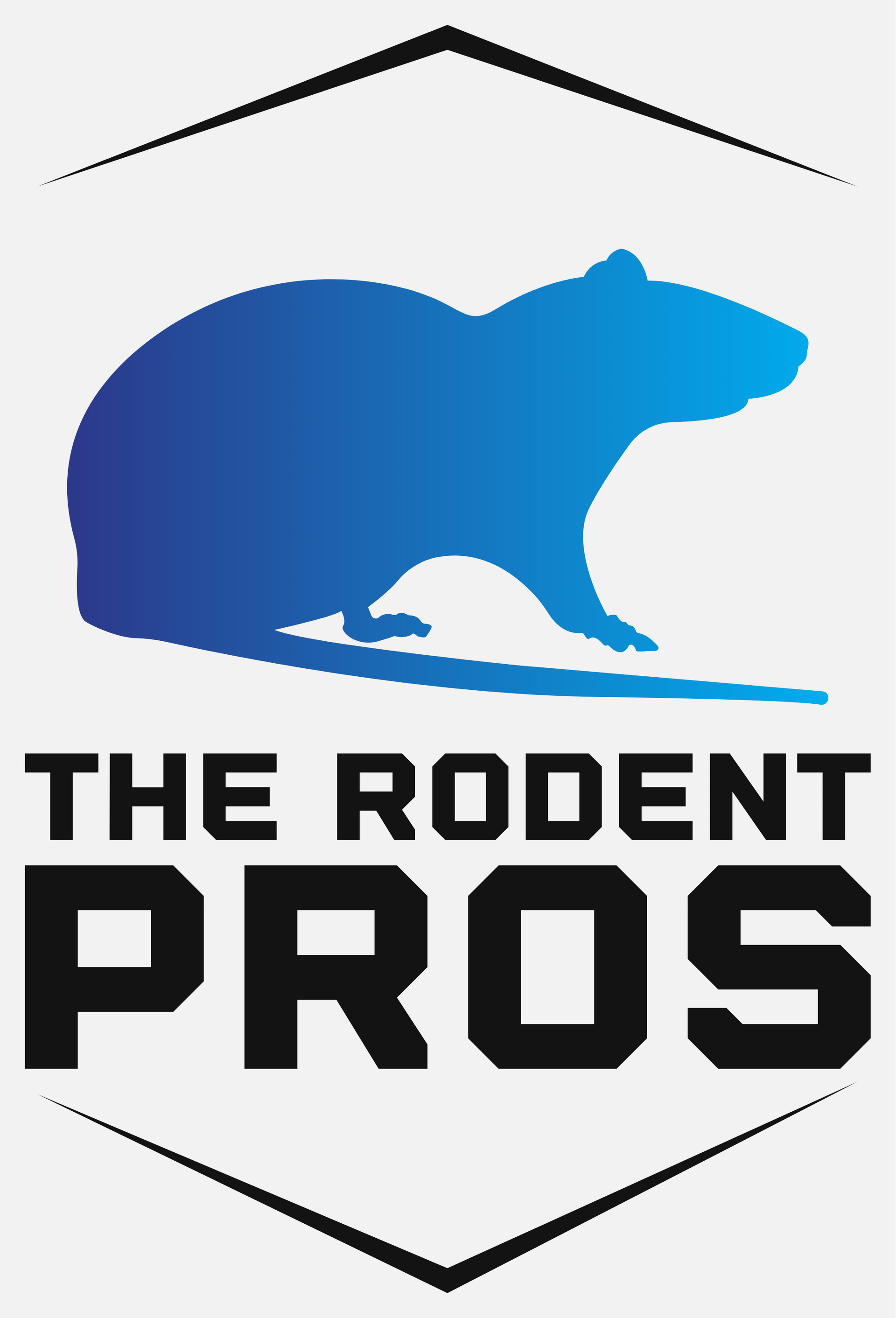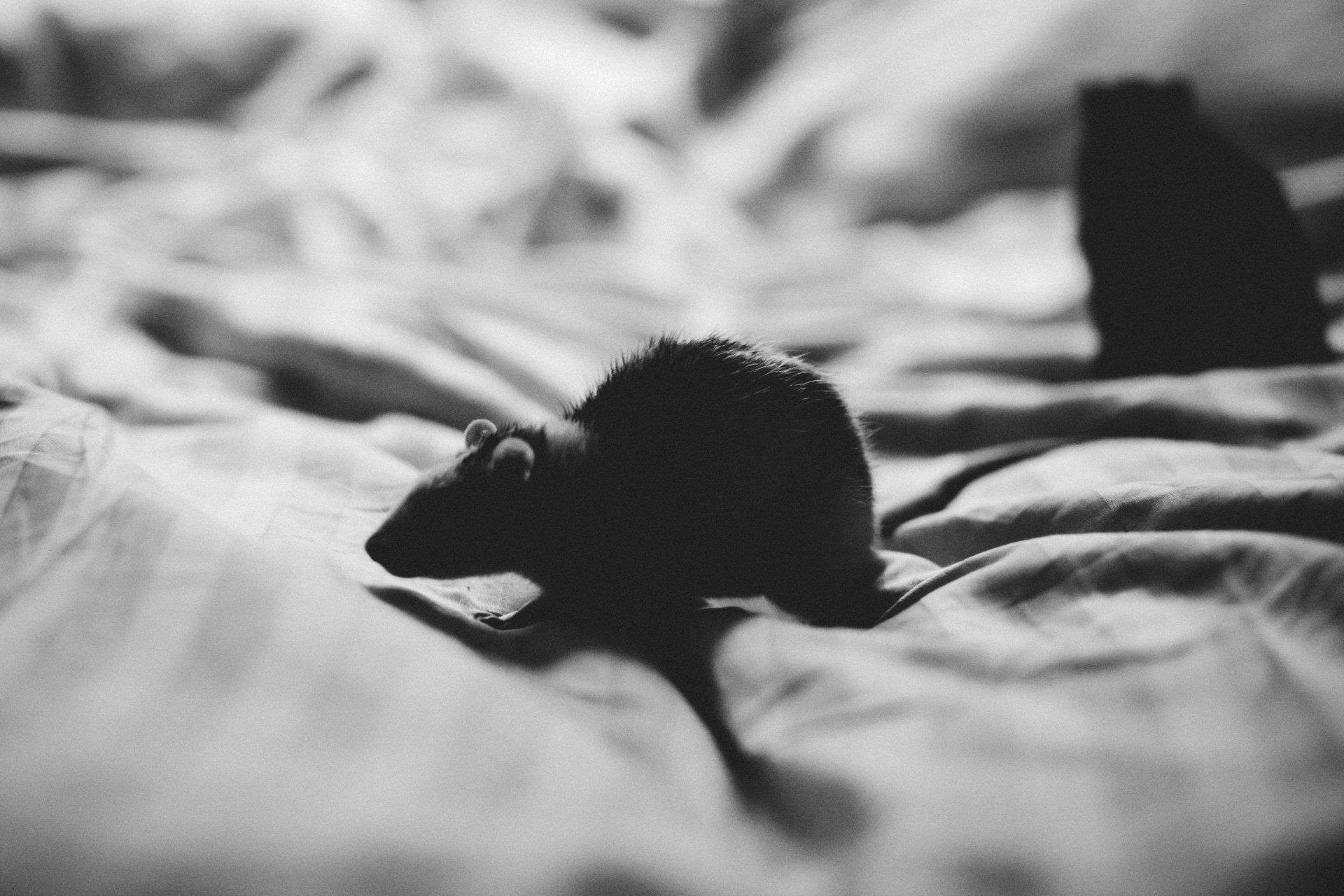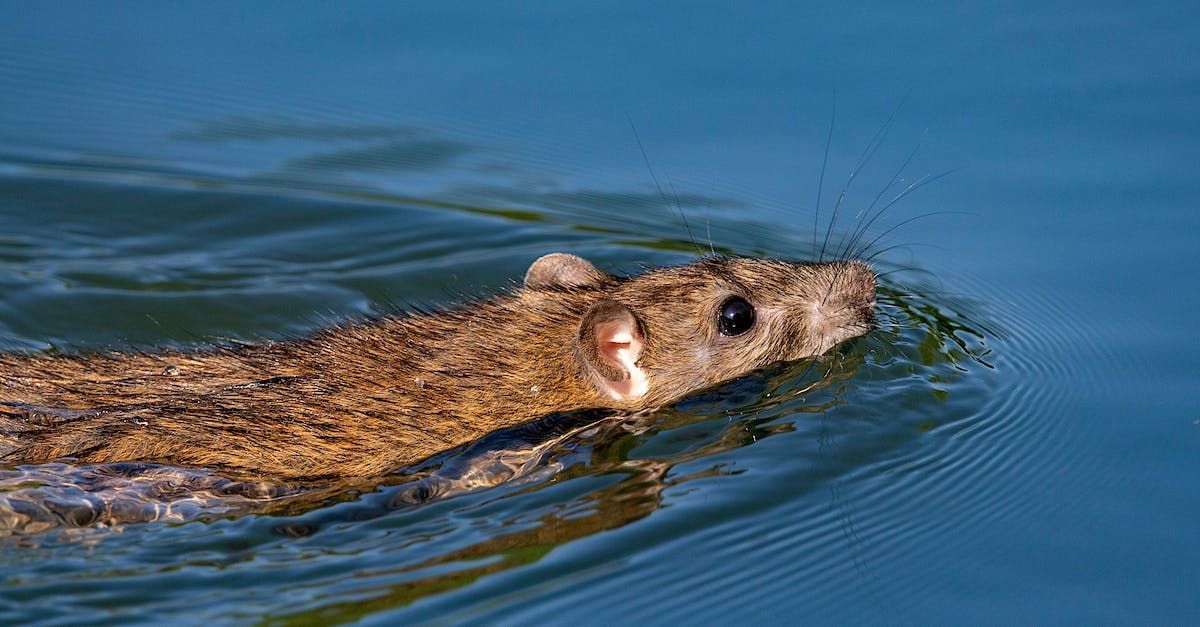If you are experiencing a rodent or wildlife issue in your home, or maybe you just need a peace of mind. Call us today to set up a 100% free inspection!
The Rodent Pros services all areas within a 50 mile radius of Tampa, Florida
Click Her For Full List OF Our Service Area
There are several factors that contribute to the rodent infestation in the greater area of Tampa, Florida. Here are some possible reasons why the rodent infestation may be significant in the area
-Climate Tampa's warm and humid climate creates an environment that is favorable for rodent populations to thrive. Rats and mice reproduce quickly in these conditions, allowing their populations to grow rapidly.
-Urbanization and habitat loss As Tampa and nearby cities expand natural habitats are destroyed or altered, rats are forced to seek shelter and food in urban areas. Tampa's continuous urban development may provide ample opportunities for rodents to find shelter and food sources, leading to higher number of rodent infestations.
-Food availability Rats are opportunistic feeders and can adapt to a wide range of diets. In Tampa and surrounding areas they often find food sources such as garbage, pet food, bird feeders, and unsecured outdoor food storage. If there are easily accessible food sources, rodents are more likely to thrive and reproduce causing an even greater rodent infestation.
-Water sources Tampa's proximity to bodies of water, including rivers, lakes, and the Gulf of Mexico, can provide rodents with water sources for drinking and breeding. Adequate water availability can contribute to rodent survival and infestation growth.
-Waste management practices Inadequate waste management practices, such as open garbage bins or overflowing dumpsters, can cause and increase a rodent infestation. If waste is not properly contained or regularly removed, it can provide a consistent food source for rats and mice.
-Urban infrastructure Older buildings in Tampa with aging infrastructure or poor maintenance can have gaps, cracks, or openings that rats can use to gain entry. Once inside, they can establish nests and access food sources within the building that can cause a severe rat infestation.
Addressing the rodent infestation in Tampa requires a multi-faceted approach, including proper sanitation practices, sealing entry points, and implementing effective rodent control measures. It always recommended to seek professional assistance from a rodent removal company who has experience in managing rodent infestations to effectively implement an effective rodent trapping program and begin the rodent remediation process. The Rodent Pros has over 20 years experience in rodent removal, rodent remediation, rodent trapping and sanitation after rodent infestations.
Rat Infestations can go on for months before they are noticed.
There can be several reasons why you may not notice the rat infestation in your home.
No visible signs Rats are nocturnal and typically active when humans are less active, making it harder to spot them directly. They are also skilled at staying hidden and avoiding detection. However, you may still find indirect signs of their presence, such as droppings, chewed wires or furniture, gnaw marks, or food and packaging damage.
Small population If there is a small rat infestation in your home, their activity may be limited, making them less noticeable. Rats tend to multiply quickly, so a small infestation can rapidly grow and become more noticeable over time if not addressed.
Hidden nesting areas Rats seek shelter in hidden areas such as wall voids, attics, basements, or crawl spaces. They create nests using available materials like insulation, fabric, or paper, which can make them difficult to locate.
Quiet behavior Rats are generally cautious and avoid attracting attention. They move quietly and quickly, especially when they sense human presence. This can make it challenging to notice their movements, especially if you're not actively looking for a rodent infestation.
Timing and habits Rats are more likely to explore your home for food and resources during periods of low activity, such as late at night or early in the morning. If you are typically asleep or away during these times, you may miss their presence.
A Poison Free Company
Rat poison, also known as rodenticide, can be harmful for several reasons.
-Non-target animals Rat poison is designed to kill rodents, but it can also harm non-target animals, including pets, wildlife, and even humans. Pets, such as dogs and cats, can accidentally consume the poison when they come across poisoned rodents or bait stations. Wildlife, including birds and other mammals, can be exposed to rodenticide through secondary poisoning when they consume poisoned rodents.
-Environmental impact Rat poison can have detrimental effects on the environment. When rodents consume the poison and die, they can become a food source for scavengers and predators. These animals can then be exposed to the poison, leading to a chain of secondary poisoning. Additionally, if the poison is not properly stored or disposed of, it can contaminate soil, water sources, and vegetation, causing harm to ecosystems.
-Slow and inhumane death Most rat poisons work by causing internal bleeding or disrupting the blood's ability to clot, leading to a slow and painful death for rodents. This raises ethical concerns regarding the humane treatment of animals.
-Limited effectiveness Rat populations can develop resistance to certain types of rodenticides over time, rendering them ineffective. This can lead to the need for higher concentrations or different types of poison, which further increases the risks and potential harm to non-target animals.
-Child and pet safety Rat poison can pose a serious risk to children and pets if accidentally ingested. The attractive smell and taste of some rodenticides may entice curious children or pets to consume them, leading to poisoning and potentially life-threatening situations.
While rodenticides can be used as a method of rodent control, it's important to use them responsibly and in accordance with label instructions. To minimize the risks associated with rat poison, it's often recommended to consider alternative methods of rodent control, such as trapping and exclusion techniques. If you have a rat problem, it's advisable to consult with a pest control professional who can provide guidance on the most effective and safe methods for your specific situation.
The Rodent Pros
Pro Package
-Identify specific species
-Target all potential rodent entry points into the home
-Create a trapping program to target specific species
-Close all points of entry to secure the home
-Repair any damage caused by the target species
-Continue trapping program until all animals are removed
-Sanitize all areas that were inhabited by the target species
-The one year warranty begins on the day of the "last" visit
-Our Mission Statement-















